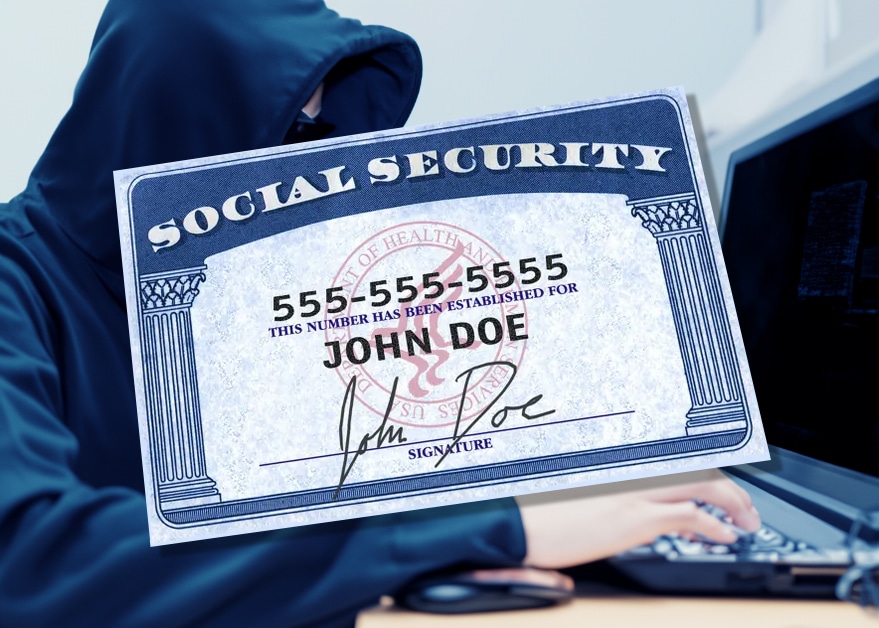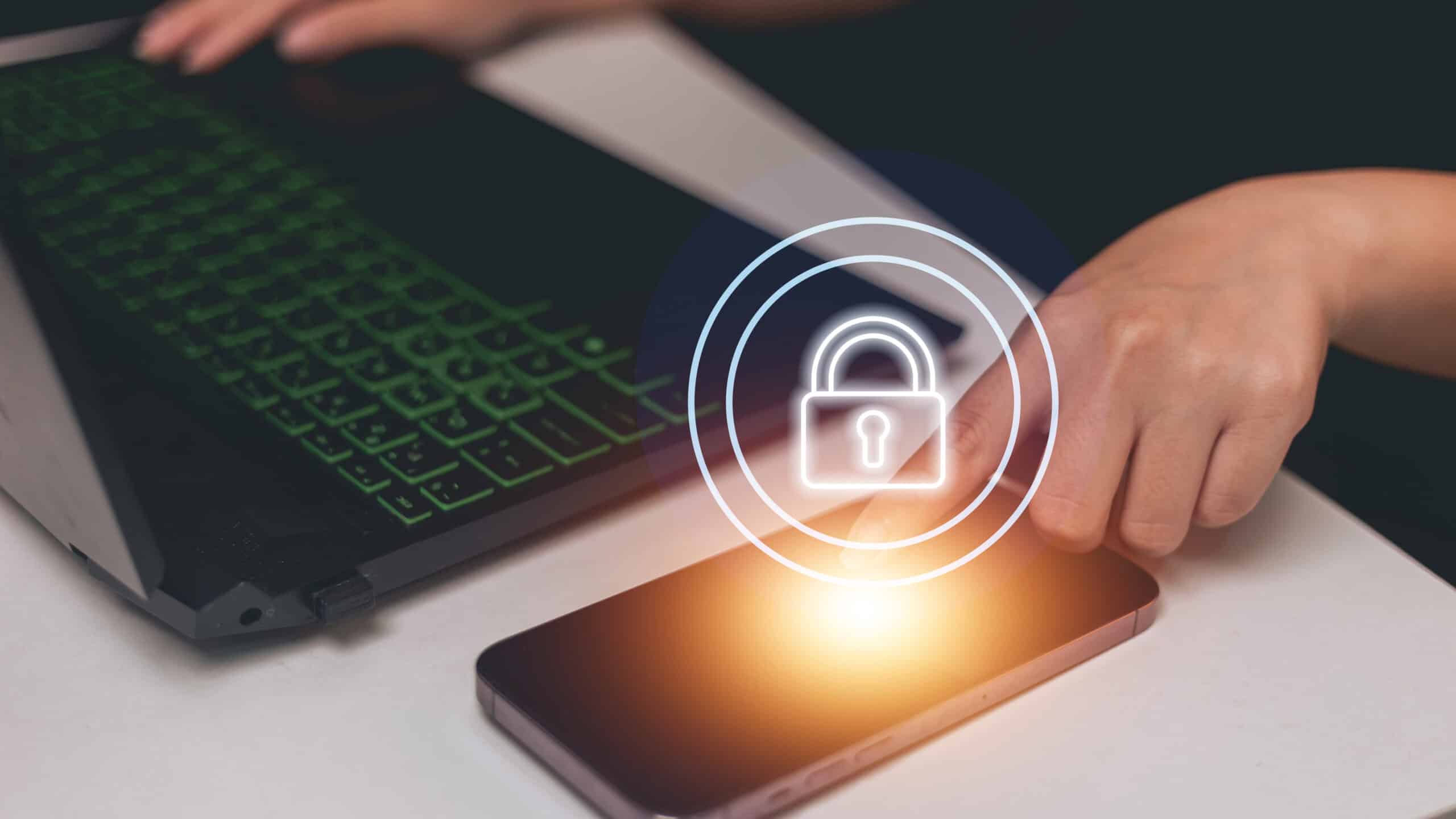Wait… what??
In a startling breach of digital security, hackers have reportedly stolen over 3 billion Social Security numbers in a recent cyberattack. The massive data theft underscores the vulnerabilities in current cybersecurity practices and raises significant concerns about personal data protection.
The breach, which came to light earlier this week, involves the illicit acquisition of Social Security numbers from multiple sources, including outdated databases and compromised financial systems. This enormous haul of sensitive information could lead to a surge in identity theft and financial fraud, as these numbers are crucial for verifying personal identities.
Experts are advising affected individuals to monitor their financial statements closely and consider placing fraud alerts or credit freezes on their accounts. Additionally, cybersecurity professionals are calling for enhanced data protection measures and stricter regulations to prevent future breaches of this magnitude.
As the investigation continues, affected organizations are working to identify the full scope of the breach and mitigate its impact. This incident serves as a stark reminder of the importance of robust cybersecurity practices in safeguarding personal information in our increasingly digital world.
What you can do to protect yourself:
To protect yourself from potential identity theft following a major data breach, you can reach out to the three major credit bureaus—Equifax, Experian, and TransUnion—to place a credit freeze or fraud alert on your credit file. To request a credit freeze, contact each bureau directly via their website or customer service lines: Equifax at 1-800-349-9960, Experian at 1-888-397-3742, and TransUnion at 1-888-909-8872. A credit freeze restricts access to your credit report, making it difficult for new accounts to be opened in your name. Alternatively, a fraud alert notifies creditors to take extra steps to verify your identity before issuing new credit. Both measures can help safeguard your financial information from misuse.



